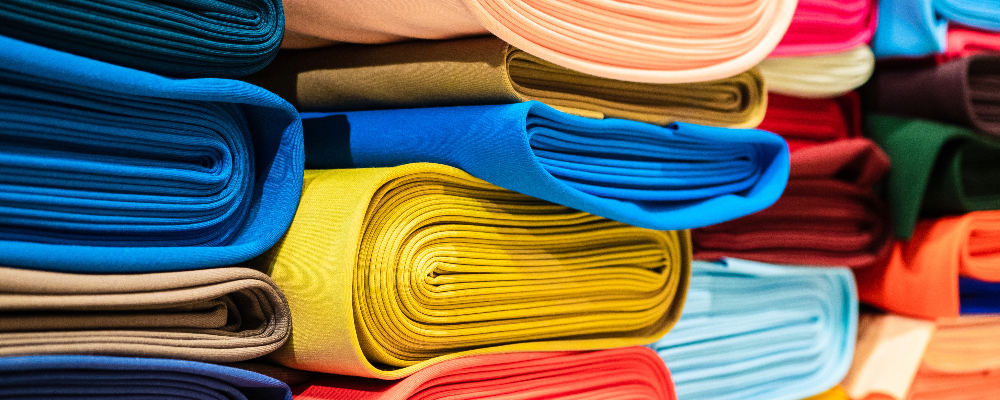
When it comes to choosing the perfect T-Shirt or textile for your project, understanding the various types of cotton can be essential. Among the many options, open-end cotton and ring-spun cotton are two commonly used terms. These terms refer to different methods of processing cotton fibres, resulting in distinct fabric characteristics. In this blog post, we'll explore the differences between open-end cotton and ring-spun cotton to help you make informed choices for your clothing or textile needs.
Open-End Cotton
Open-end cotton, also known as OE cotton, is a method of spinning cotton fibres into yarn. It's characterised by its efficiency and cost-effectiveness in the manufacturing process. Here are some key features of open-end cotton:
Production Efficiency: Open-end spinning is a high-speed, automated process that produces yarn quickly. It's suitable for bulk production, making it cost-effective for large quantities.
Coarser Texture: OE cotton typically results in a coarser and heavier fabric compared to ring-spun cotton. This coarser texture can feel rougher against the skin, but it's often preferred for certain applications like workwear or heavy-duty garments.
Affordability: Due to its efficient production method, open-end cotton tends to be more budget-friendly than ring-spun cotton. This makes it a popular choice for promotional T-shirts and basics.
Less Softness: Open-end cotton garments may feel less soft and smooth compared to ring-spun cotton. However, with multiple washes, the fabric can become softer over time.
Durability: OE cotton is known for its durability and ability to withstand frequent washing and wear. It's an excellent choice for garments that need to endure heavy use.
Ring-Spun Cotton
Ring-spun cotton, on the other hand, is processed using a more labour-intensive and time-consuming method. The result is a softer and finer fabric with unique characteristics:
Quality and Softness: Ring-spun cotton produces a noticeably softer and finer fabric compared to open-end cotton. The yarn is spun through a process that removes short fibres, resulting in a smoother texture.
Comfort: Garments made from ring-spun cotton are often more comfortable to wear, as the fabric feels softer against the skin. This makes ring-spun cotton a preferred choice for everyday wear, including premium T-Shirts and casual clothing.
Printability: Ring-spun cotton is also known for its excellent printability. The smooth surface of the fabric allows for vibrant and detailed printing, making it a favourite for custom designs and branding.
Durability and Longevity: While not as heavy-duty as open-end cotton, ring-spun cotton is still durable and can withstand regular wear and washing. Its softer feel doesn't compromise its longevity.
Higher Cost: Ring-spun cotton is generally more expensive than open-end cotton due to the labour-intensive spinning process. However, many people consider the investment worthwhile for the enhanced comfort and quality.
In summary, the choice between open-end cotton and ring-spun cotton depends on your specific needs and preferences. Open-end cotton is cost-effective, durable, and suitable for heavy-duty applications, while ring-spun cotton offers superior softness, comfort, and printability, making it a top choice for premium clothing. Understanding these differences allows you to select the right fabric for your project, whether it's a promotional T-shirt, workwear, or a high-quality fashion piece. Ultimately, the choice comes down to balancing budget, comfort, and intended use.